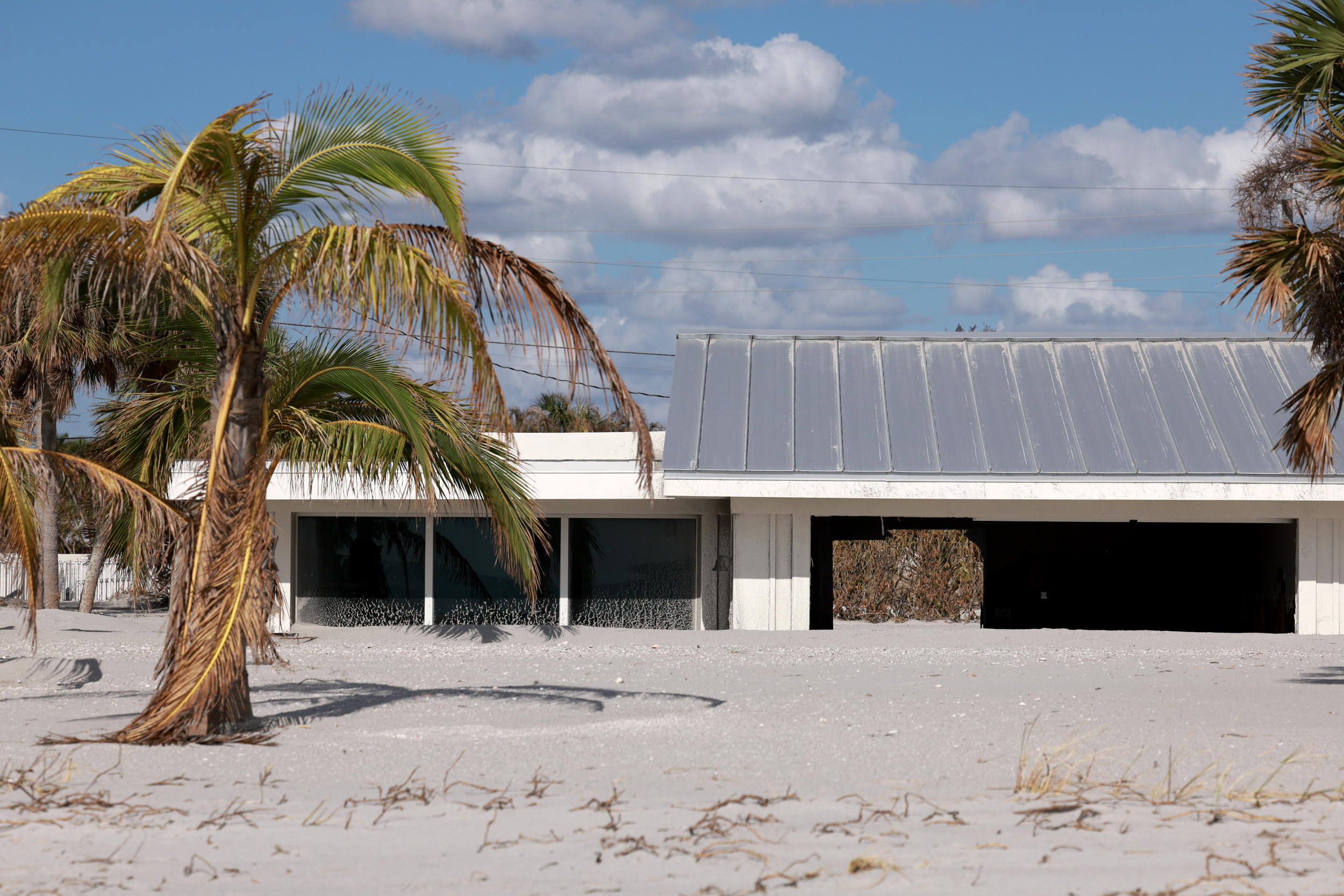Robert F. Kennedy Jr., nominated by Donald Trump to lead the Department of Health and Human Services (HHS) in the next presidential administration, is a controversial choice and some of his views, including the promotion of raw milk, are stoking concern among medical professionals.
RFK Jr., who doesn't have medical training, is a proponent of alternative and holistic medicine, and he has said he believes that pharmaceutical companies are suppressing research into healthcare outside of the bounds of pharmaceutical patents.

Posting to X (formerly Twitter) on October 25, RFK Jr. spoke about how he believes the Food and Drug Administration (FDA) is preventing people from having access to things like raw milk, saying: "FDA's war on public health is about to end.
"This includes its aggressive suppression of psychedelics, peptides, stem cells, raw milk, hyperbaric therapies, chelating compounds, ivermectin, hydroxychloroquine, vitamins, clean foods, sunshine, exercise, nutraceuticals and anything else that advances human health and can't be patented by Pharma."
RFK Jr. and the Trump campaign were contacted via email outside of normal working hours for comment.
FDA’s war on public health is about to end. This includes its aggressive suppression of psychedelics, peptides, stem cells, raw milk, hyperbaric therapies, chelating compounds, ivermectin, hydroxychloroquine, vitamins, clean foods, sunshine, exercise, nutraceuticals and anything…
— Robert F. Kennedy Jr (@RobertKennedyJr) October 25, 2024Raw milk — milk that has not undergone the heating and pasteurization process to remove Salmonella, E. coli, Listeria and other potentially harmful bacteria and viruses — has grown in popularity recently in the U.S., with the University of Delaware finding that sales rose by 21 percent in 2024.
It has been promoted by online influencers such as Hannah Neeleman, aka Ballerina Farms, who told her 9.8 million TikTok followers that her family drinks raw milk, and in recent months has become a Republican talking point, with Alex Clark from Turning Point USA posting on X: "Now let me introduce you to my 'got raw milk' crop top with @TPUSA which is triggering the left. Imagine shilling for pasteurized milk, zapped of nutrients, when you could have immune boosting raw milk."
The Raw Milk Institute, a group calling for universal access to the raw milk market, says its consumption is associated with lower rates of asthma, allergies, eczema, fevers and respiratory infections. It also says that raw milk can help with gut health and antibiotic recovery.
These claims are all disputed by the FDA.
Raw Milk Dangers
The FDA has stated that "unpasteurized milk can pose a serious health risk," and disputes that it can help with asthma, allergies, immune systems, or gut health.
The department stated: "Decades ago, pasteurization of milk was adopted as a basic public health measure to kill dangerous bacteria. This measure largely eliminated the risk of getting sick from one of the most important staples of the American diet."
The FDA also says that raw milk can result in vomiting, diarrhea, abdominal pain and flu-like symptoms.

Asthma and Allergies
The Raw Milk Institute cites research known as The PARSIFAL study to say that there was "significant inverse association between farm [raw] milk consumption and childhood asthma."
However, the FDA addresses this study in research, saying that the authors of the actual study couldn't verify that the milk used in their research was actually raw.
The authors also stated at the end of the paper: "Raw milk may contain pathogens such as salmonella or EHEC, and its consumption may therefore imply serious health risks... At this stage, consumption of raw farm milk cannot be recommended as a preventive measure."
Other research cited by the FDA found that "raw milk and pasteurized milk do not differ in their anaphylactic-sensitizing capacity when tested in both animal models...and in human clinical trials."
Immune System Building
The FDA is clear that raw milk not only does not improve people's immune system, but says it is actively dangerous for consumers and especially children.
The FDA has tracked several E. coli outbreaks linked to raw milk, stating that between 1998 and 2018 there were 2,645 illnesses and 228 hospitalizations linked to the consumption of raw milk.
Lactose Intolerance and Gastrointestinal Health
According to the FDA, raw milk does not have curative properties for people who struggle with lactose intolerance, nor does it have special probiotics that are lost in the pasteurization process, something that is claimed by raw milk defenders as a health benefit of the product.
The department says: "All milk, raw or pasteurized, contains lactose and can cause lactose intolerance in sensitive individuals."
Quality of Milk
Raw milk is also not any more pure or nutritious than pasteurized milk, according to the FDA. The pasteurization process only serves to remove harmful bacteria, and does not eliminate the nutritional benefits of milk.
Despite FDA protestations that raw milk is dangerous and unnecessary, Nicole Martin, associate director of the Milk Quality Improvement Program at Cornell University, has said that people will keep consuming it, telling Vox: "It defies logic...Anything that the FDA tells our customers to do, they do the opposite."
Do you have a story we should be covering? Do you have any questions about this article? Contact LiveNews@newsweek.com




















 English (US) ·
English (US) ·